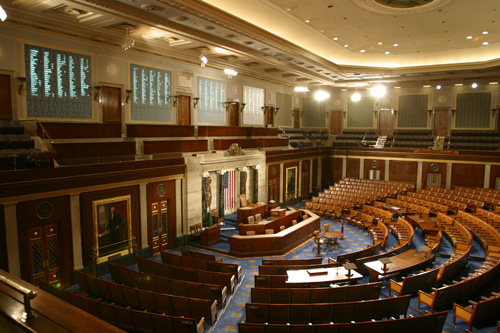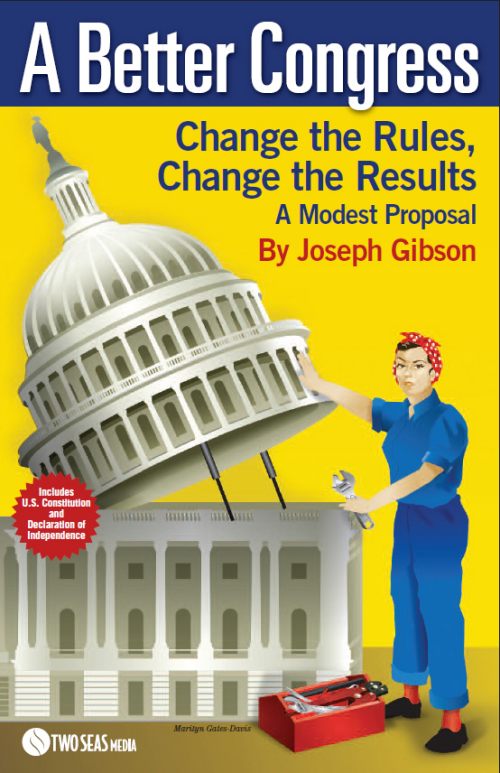Current campaign finance laws came about as a result of the Watergate scandal during the 1970s. Supporters of these laws enacted them with good intentions, of course. They primarily believed that campaign contributions resulted in the corruption of politicians. It was thought that a law that limited contributions would limit political corruption. Unfortunately, we have now reached a situation in which campaign finance laws limit contributions in a complex manner that creates consequences that were never intended.

Campaign finance laws currently protect incumbents, while simultaneously creating traps for candidates who spend extraordinary amounts of time fundraising. Furthermore, these laws also prevent individuals who are not skilled in fundraising on a large scale from winning elections.
Looking at the problems of current campaign finance laws, the question of whether campaign contributions necessarily result in corruption must be posed. Some of the most well known cases of congressional corruption in recent years involved members who took cash bribes. These cases did not involve campaign contributions. For instance, former Representative Duke Cunningham of California was said to maintain a menu for bribes that revealed the official actions that would be taken by him in exchange for various amounts of cash. He was convicted of corruption.
 Even so, it can be much more difficult to determine whether campaign contributions are actually corrupting. Almost every member of Congress accepts contributions from interests. Those members must then vote on legislation that will affect those very same interests. Unfortunately, it is not possible to know whether the politician votes a particular way because of contributions or whether contributions come about because the interest group knows the member would have voted that way regardless.
Even so, it can be much more difficult to determine whether campaign contributions are actually corrupting. Almost every member of Congress accepts contributions from interests. Those members must then vote on legislation that will affect those very same interests. Unfortunately, it is not possible to know whether the politician votes a particular way because of contributions or whether contributions come about because the interest group knows the member would have voted that way regardless.
Putting aside any corruption aspects, limits on campaign fundraising naturally mean that candidates must spend significant amounts of time in fundraising efforts if they wish to compete. For the incumbent candidate, this means they are not able to spend time making wise policy decisions. For the challenger, this provides a strong disincentive to even consider running for office. If they do make the decision to go ahead and run, the time spent on raising money is time they cannot devote to developing strong policy ideas.
As the cost of campaigning continues to increase; the campaign fundraising issue only becomes worse.
Reference: A Better Congress, by Joseph Gibson, Ch. 1 The Fortress of Incumbency
Courses
- Congressional Operations Briefing – Capitol Hill Workshop
- Congressional Dynamics and the Legislative Process
- Drafting Federal Legislation and Amendments
- Understanding Congressional Budgeting and Appropriations
- Advanced Legislative Procedure
Publications
CongressionalGlossary.com, from TheCapitol.Net
For more than 40 years, TheCapitol.Net and its predecessor, Congressional Quarterly Executive Conferences, have been teaching professionals from government, military, business, and NGOs about the dynamics and operations of the legislative and executive branches and how to work with them.
Our custom on-site and online training, publications, and audio courses include congressional operations, legislative and budget process, communication and advocacy, media and public relations, testifying before Congress, research skills, legislative drafting, critical thinking and writing, and more.
TheCapitol.Net is on the GSA Schedule, MAS, for custom on-site and online training. GSA Contract GS02F0192X
TheCapitol.Net is now owned by the Sunwater Institute.
Teaching how Washington and Congress work ™

